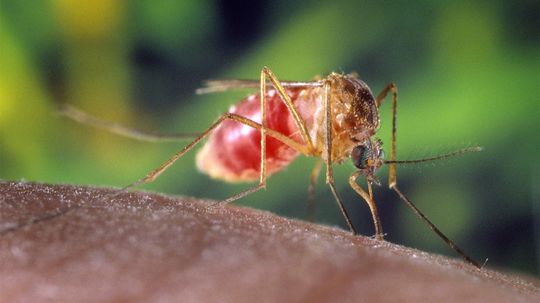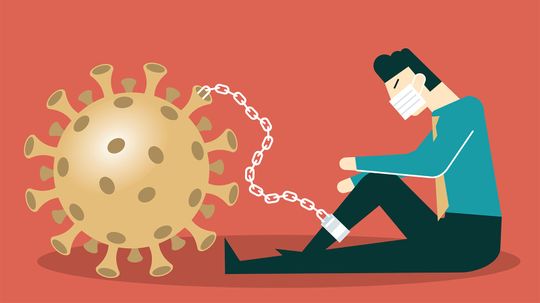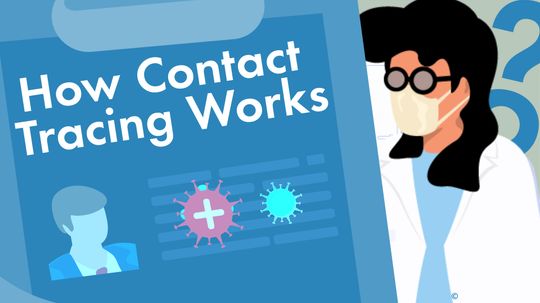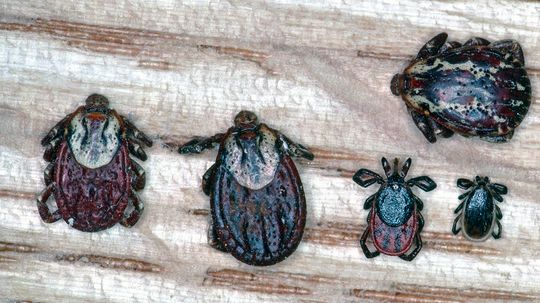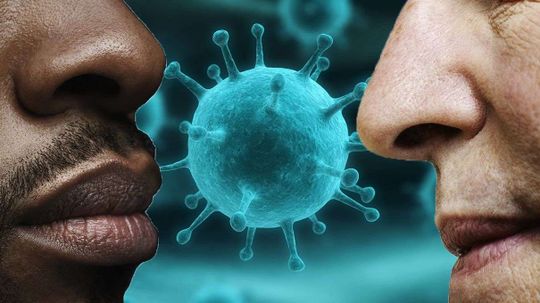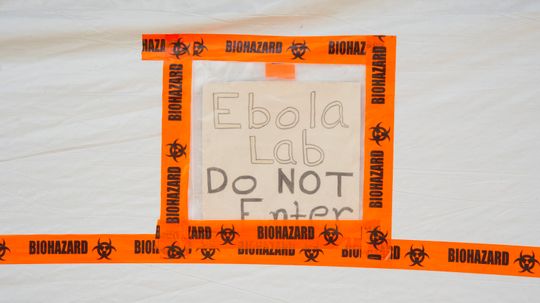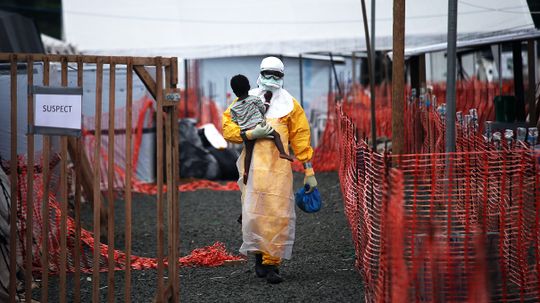Infectious Diseases
Bird flu, malaria, plague and West Nile virus are infectious diseases we've all heard of. Find information on these epidemics and more in this section.

Can Pollen Allergies Make You Tired?

The Science Behind the Pollen Count

Why There Is So Much Confusion About Who Has Food Allergies

Are there stretches you can do for osteoarthritis of the hip?

How do you cope with multi-level degenerative osteoarthritis?

Do You Need to Have a Positive Attitude to Beat Cancer?

8 Thoughtful Ways to Help a Loved One Going Through Chemo

Why Is Pancreatic Cancer So Deadly?

What's the Difference Between Cardiac Arrest and a Heart Attack?

How the Graphene Blood Pressure Tattoo Will Change Monitoring
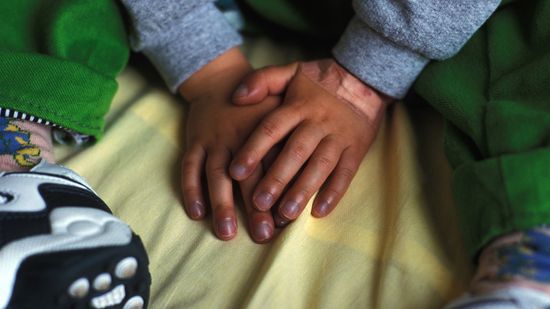
Cyanosis: Why Your Fingers Turn Blue
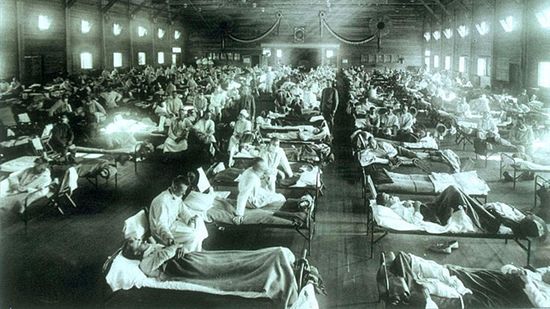
The 1918 Spanish Flu Killed Millions — and Experts Fear It Could Happen Again

Can the Change in Temperature Really Make You Sick?

Quiz: What's the difference between flu and a cold?

10 Tips for How to Relieve Sinus Pressure

4 Occupations Prone to Sinus Trouble

Understanding Sinus Congestion

How does your body know when to secrete insulin?

Yeast Overgrowth

How to Cure A UTI Naturally

Urinary Tract Infection Lifestyle Tips

Urinary Tract Infection Prevention

The Curse of Brewing Beer in Your Own Belly
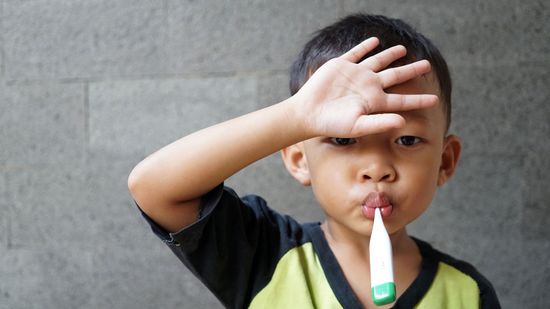
Is the BRAT Diet Still Beneficial?

Crazy Common Things People Swallow (That They Shouldn’t)

Why Your Baby Could Be Giving You Mommy Thumb

How Whole-Body Cryotherapy Works

How to Relieve Sciatic Nerve Pain

No Joke: Dead Butt Syndrome Is a Real Pain

What the Heck is Tech Neck? How Millennials Could Be the Wrinkliest Generation

Can you really get a bone infection?

Monkeypox Is a Global Health Emergency, But Don't Panic Yet

Nematodes: Do We Still Need to Worry About Roundworms and Bare Feet?

Scurvy: The Scourge of the High Seas Remains at Large Today

Monkeypox Confirmed in the U.S. and Europe. What You Need to Know

How to Clean and Store Your Cloth Face Mask

How Anosmia, or 'Smell Blindness,' Can Help Pinpoint COVID-19
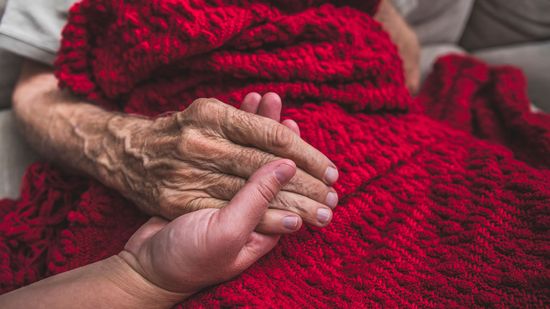
Do People Really Die of Old Age?

The Sarco Suicide Pod: Controversial or Compassionate?

Telling Doctors Not to Resuscitate, by Tattoo
Learn More
Is polio making a comeback in the United States and, if so, are you at risk? We talk to a doctor, who says that vaccination is key.
Viruses can alter a person's body odor to make it more attractive to mosquitoes, leading to more bites, which, in turn, allow a virus to spread.
By Penghua Wang
Who gets long COVID and why still remains a mystery, but several new studies are showing it's much more widespread than we initially thought. So what is long COVID and how can it be treated?
Advertisement
The wildly contagious delta coronavirus variant now accounts for more than 80 percent of cases in the United States. Does it pose a threat to eliminating COVID-19 across the globe?
It's been a year since the World Health Organization officially declared the novel coronavirus a global pandemic. The last 12 months have been truly historic and life-changing in ways that we may not even yet recognize.
By John Donovan
Many health experts are gravely concerned about how the massive protest crowds, chanting and especially use of tear gas could accelerate the spread of coronavirus.
Learn the steps of contact tracing, one critical way that public health officials stop viruses like COVID-19 from spreading, in this HowStuffWorks video.
Advertisement
Despite strict closing and mask orders, San Francisco was hit hard by the 1918-1919 influenza pandemic. But some residents balked at the rules and that meant more people died.
By John Donovan
As COVID-19 rages around the world, distilleries quickly ramp up the switch from booze to hand sanitizer in an all-out effort to curb the spread.
By Jeremy Glass
The World Health Organization just declared the coronavirus a full-blown pandemic. What does that even mean, and how is that different from an epidemic?
By Sarah Gleim
You've probably heard the word "quarantine" a lot in relation to the coronavirus. But how is it different from patient isolation?
Advertisement
There's been a steady uptick in Lyme disease across the United States since 1997, but the news isn't all bad.
By John Donovan
Sometimes the nose knows. What advances are being made in detecting diseases by scent?
Are jet air hand dryers the safest way to dry your hands after using the bathroom or are they blasting invisible microbes through the air with every use?
With the rise of drug-resistant bacteria, scientists are taking a second look at infection treatments that were popular before antibiotics. Which ones might work today, and which ones are just quackery?
Advertisement
It might seem counterintuitive for labs to stock highly contagious diseases, but some researchers insist it's with good reason.
By Debra Ronca
Some people believe being Rh-negative type makes them immune to viruses like Ebola. Let's get to the bottom of this theory.
By Debra Ronca
Modern medicine may be here, but there are still plenty of infectious diseases to combat, and the CDC is really busy doing that. Get to know 10 of these public (health) enemies.
Leprosy was the AIDS of the first millennium – a disfiguring disease that struck terror since people thought it was easy to contract. Patients were banished to live in colonies. What was life like there?
Advertisement
Pneumonia and diarrhea used to be bigger killers, but nowadays, developed countries can successfully treat them. Which other diseases are no longer death sentences?
By Alia Hoyt
No one thinks public toilets are altars of tidiness, but are they actually dangerous? The odds of catching something from a public bathroom are low -- but it's possible.
You may think you know Ebola. You probably don't. The infectious disease has killed thousands in West Africa and has reappeared on the continent once again. What have scientists learned since the last outbreak?
Parasites are common, and many are harmless. But we're willing to bet that you'd go to almost any length to avoid spending time with the five on this list.
Advertisement
In general, people are at their most contagious approximately three days after having been exposed to a virus. You can learn more about how a virus behaves in the body from this article.
Researchers developed a safe and effective SARS vaccine. Learn more about SARS vaccine from this article.

